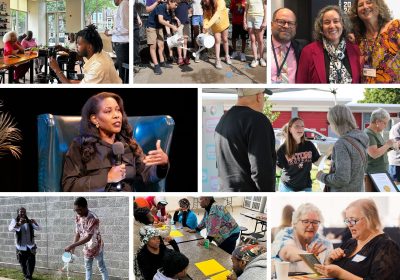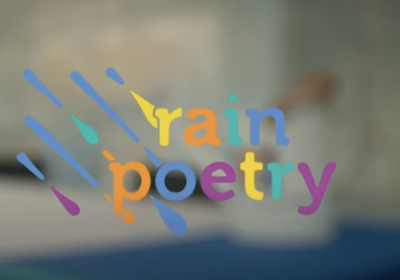By Karen Price
One by one, they shared their stories.
People from Pittsburgh’s Hill District, Homewood and East Liberty neighborhoods who’d gathered for one of PA Humanities’ three Voices of History story circles spoke of vibrant neighborhoods, first jobs, home ownership, entrepreneurship, and breaking racial barriers. They talked about family, about resilience. One woman told the story of visiting a Carnegie Museum of Art exhibit of Teenie Harris, iconic photographer for the historic, Black-serving Pittsburgh Courier newspaper, and finding images of her grandmother in the restaurant she once owned. That same woman’s family also owned another restaurant, and it was there that renowned playwright August Wilson would sit and compose some of his now-famous works about everyday Black Americans.
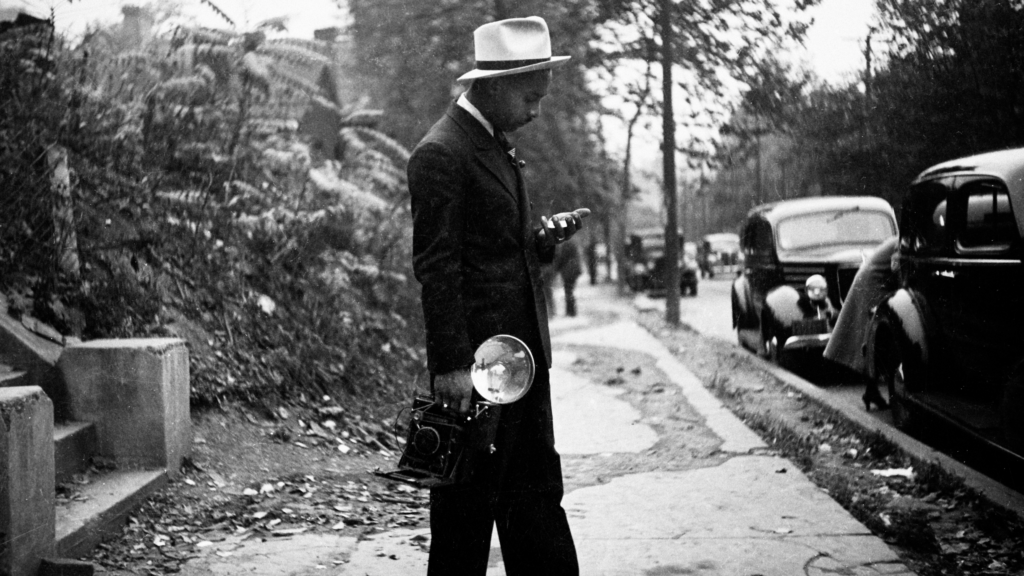
“It just really emphasized that everybody has a family, and every family has a story,” PA Humanities senior director of content and engagement Dawn Frisby Byers said. “The purpose of the Voices of History project is to capture some of the stories that never get told. But just because they never get told doesn’t mean they’re not important, or that they’re not meaningful.”
PA Humanities’ statewide Voices of History project, created as part of the organization’s 50th anniversary celebration, launched in Pittsburgh early this summer with a special event with author Isabel Wilkerson, who spoke of the importance of sharing family stories at the August Wilson African American Cultural Center. This effort to collect and preserve the stories of everyday Black Pennsylvanians is inspired by the works of Wilson, who grew up in the Hill District, and Wilkerson’s rich storytelling in her book, “The Warmth of Other Suns: The Epic Story of America’s Great Migration,” which the New York Times recently named the second-best book of the 21st century.
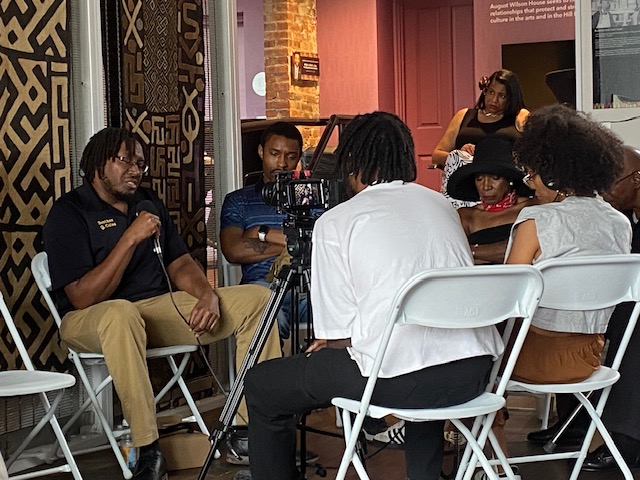
In partnership with the August Wilson House, PA Humanities invited people to participate in traditional story circles and share a story of family that centered around a particular object or memory. Their stories were between five and seven minutes long, and included opportunity for conversation and feedback from other attendees.
Most people told stories that took place between the 1940s and the 1970s, Frisby Byers said. Opportunities did not abound for Black families during those decades, and many of their stories told of how people survived and thrived in their communities in their own ways.
“Stories were joyful, stories were sad, stories were funny and they were inspirational,” Frisby Byers said. “I was in awe of the stories that they shared. I grew up in Philadelphia, and I heard many similarities to the stories that I’d heard from those times, yet they were also different because Pittsburgh has its own personality. And I expect that when we go to Erie and Scranton it will be the same.”
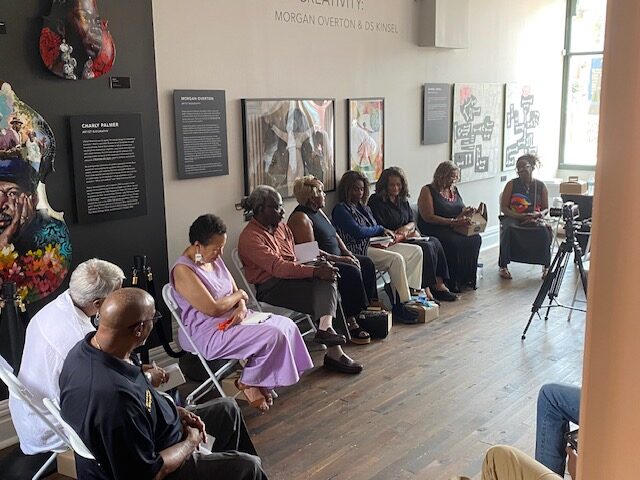
From those circles, PA Humanities invited select storytellers to return with photographs or objects and individually record their stories for the project with professional videographers. The recordings took place at the August Wilson House. Their stories will be preserved in a digital archive for years to come.
The next story circles will take place in Erie beginning in October, and then move to Scranton in early 2025. The project is slated to continue to three other cities including Philadelphia.
“We first started talking about this project before the pandemic, and it was very different,” Frisby Byers said. “But in its different iterations it never lost sight of the importance, which is the stories of everyday Black Americans who lived in Pennsylvania.”
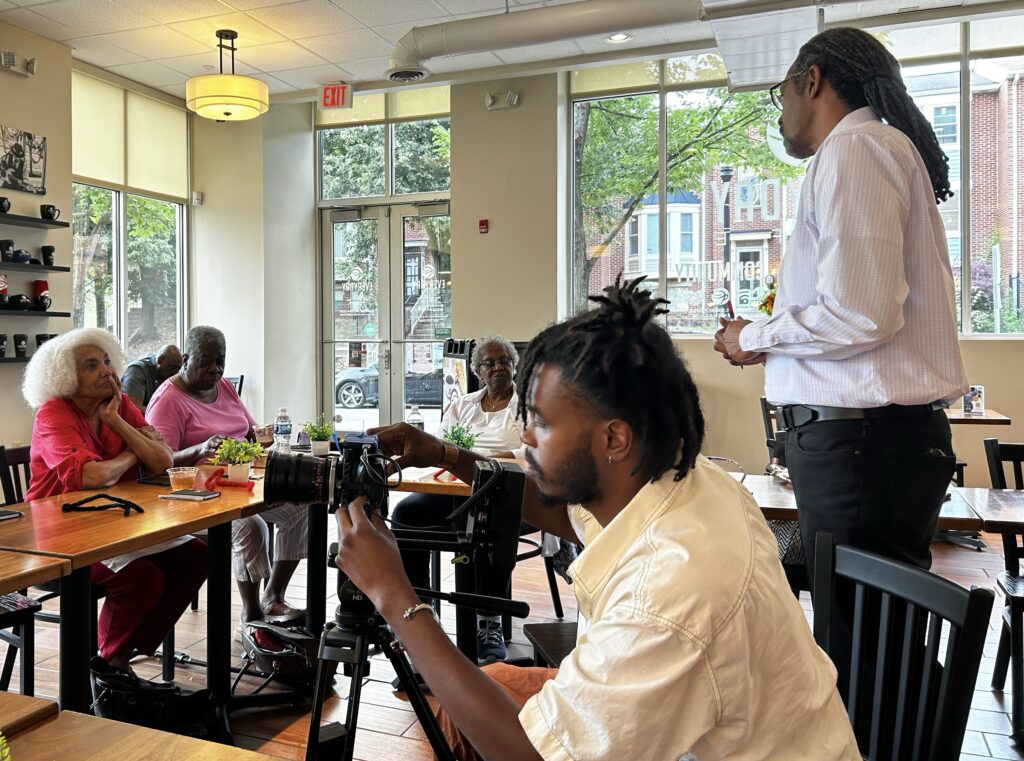
![[color – dark bg] PA SHARP FINAL FILES DB 72dpi [color - dark bg] PA SHARP FINAL FILES DB 72dpi](https://pahumanities.org/uploads/files/elementor/thumbs/color-dark-bg-PA-SHARP-FINAL-FILES-DB-72dpi-phgl7aimtfdpzt2rscvl43ksfv3asbbls19lsvuacw.jpg)

